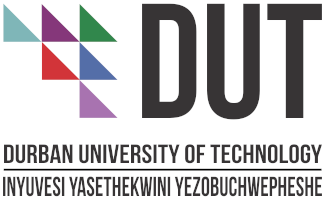Training as a Tool for Service Delivery: A Case Study of Health Care Workers in Gwanda, Zimbabwe
DOI:
https://doi.org/10.51415/ajims.v4i1.1002Keywords:
service delivery, training , healthcare, healthcare professionalsAbstract
The healthcare sector across most global south countries is challenged by various issues and this includes poor service delivery. The delivery of quality service within healthcare institutions is complicated by unprecedented emigration of healthcare workers to the global north. The other challenges include, poor funding and infrastructure, limited medical resources, equipment, and shortage of health care experts. As such this study examines how on and off the job training of healthcare workers impact service delivery. Adopting a quantitative paradigm, the paper identifies the training provided to healthcare workers and examines the effectiveness of the training for effective service delivery. A closed-ended structured questionnaire was used to elicit responses from 80 healthcare workers at Manama Mission Hospital in Gwanda, Zimbabwe. Findings revealed that practical hands-on experience (on-the-job training) supported with effective supervision and guidance from more experienced health workers aids effective service delivery. Training targeted at effective service delivery, constant assessment, and provision of constructive feedback from senior staff members are crucial measures for an effective healthcare system. Beyond constant training, measures must be put in place to ensure the retainment of healthcare experts within the country as an overstretched healthcare system will continue to battle with ineffective service delivery. This study adds to the body of knowledge related to employee training of healthcare workers within Zimbabwe.
Downloads
Downloads
- PDF 286 Downloads






